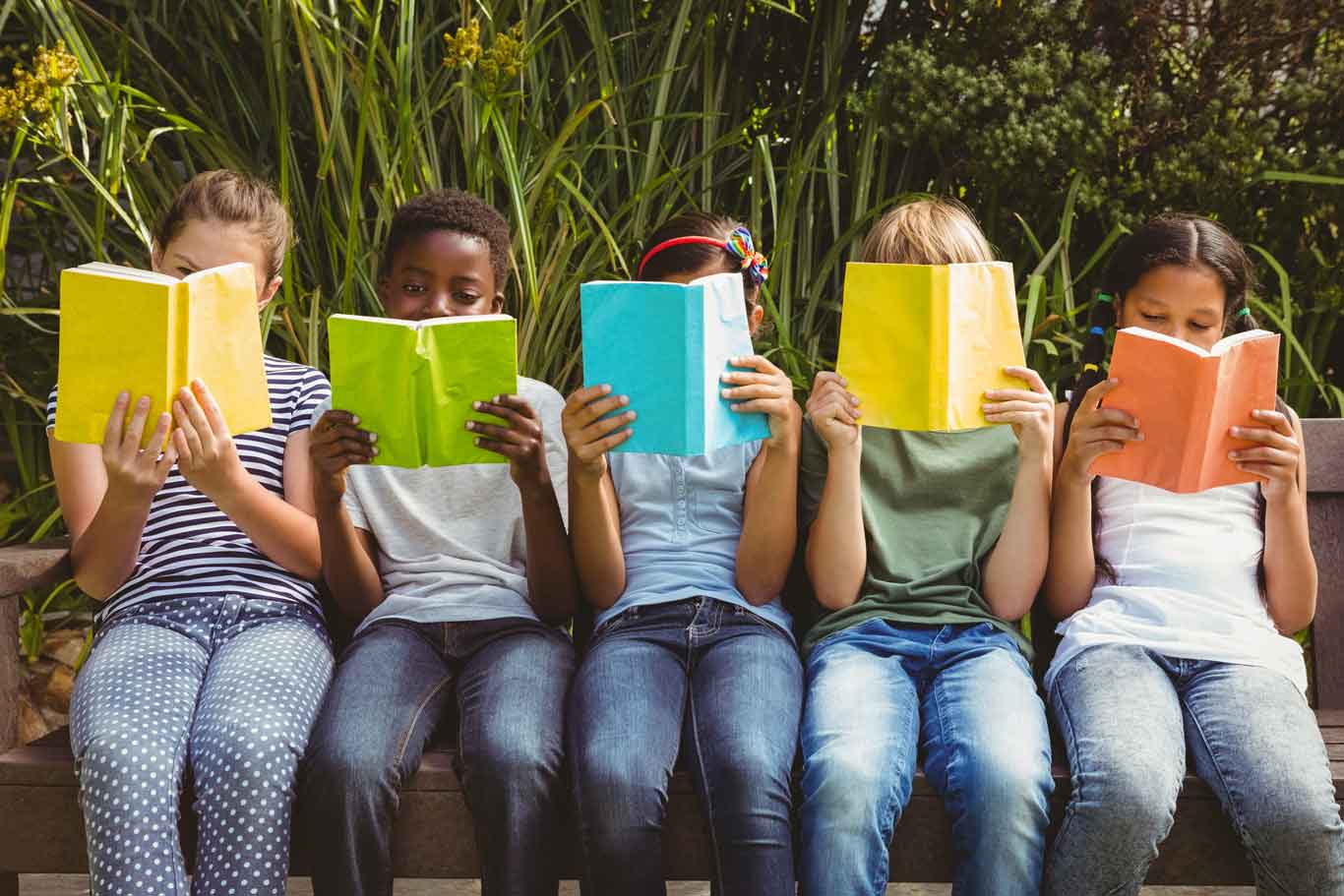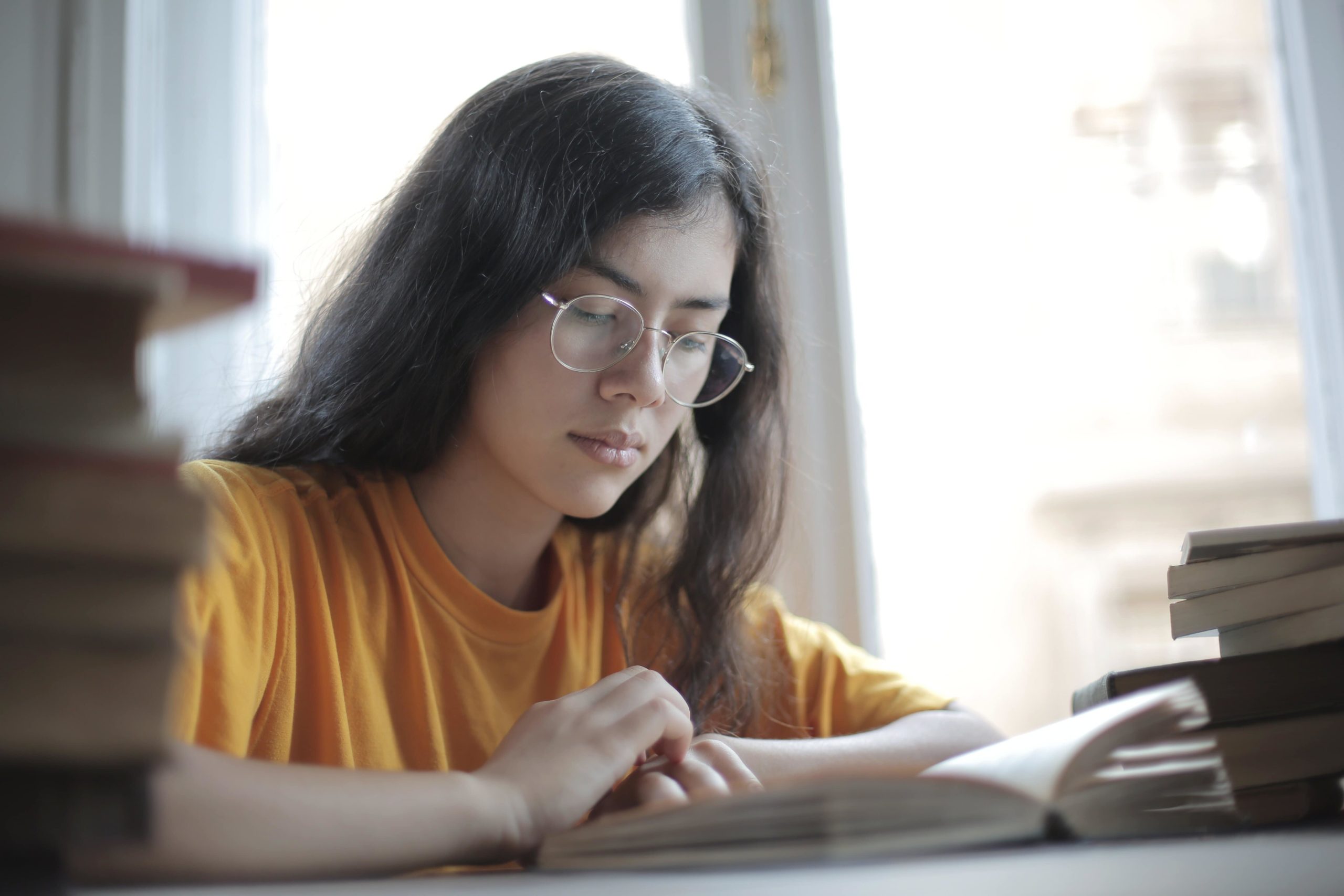Posted by: Eye Centers of Florida in Eye Health
Yes, Vision Does Affect A Child’s Learning Development!

It’s not a stretch to claim that children’s vision is extremely important, but most people don’t know the real consequences of undiagnosed vision problems in kids and teens.
Good vision is essential for recognition, comprehension, and retention, making it especially important to establish that your children can see clearly early in their life. Not only is vision important for socialization and eye health, but it can also be a deciding factor for academic success!
Here, we’ll discuss why children’s vision is crucial to their ability to learn, and what to do to ensure that your child is set up for success.
Children’s Vision Issues Are More Common Than You May Think
Vision changes rapidly as the eye develops and that development occurs fastest during childhood. This means that children’s vision is anything but stable. As a child grows, their eyes grow and change shape. A school-aged kid can have 20/20 vision at one point in time, and then hit a growth spurt and have a significant refractive error in a short period of time.
According to Prevent Blindness, one in four children have a refractive vision issue that prevents them from seeing clearly. These issues — nearsightedness, farsightedness, and astigmatism — have simple solutions, but many children don’t notice or don’t mention changes in vision, so parents may not realize it.
This is the reason why many schools have students undergo vision screenings, but as the American Optometric Association (AOA) points out, these screenings are limited. They usually only test vision over a distance and may be carried out by untrained personnel with outdated equipment.

How Do Vision Problems Affect Children in School?
Vision problems cause children to be unable to see the board or what is happening at the front of the classroom, which can be a serious barrier to learning. This is why school screenings tend to focus on distance vision.
However, farsighted and astigmatic children can have a difficult time as well! Close-up vision deficiencies can cause delayed development in reading and language skills, social development, and even physical development because they affect hand-eye coordination.
What’s more, many children that need their vision addressed don’t seem to be getting the care they need. The Centers for Disease Control (CDC) estimates that nationwide, only 10% of children between the ages of 9 and 15 get the corrective eyewear they need to see clearly.
How Often Should Your Child Have an Eye Exam?
The AOA recommends setting up a pediatric eye exam when your child reaches 6 months of age, another at 3 years, and again before they start school. Even if there’s nothing wrong with their vision, you should make an appointment for your child once a year to get a clear picture of their eye health and vision changes throughout their development. If your kids wear corrective eyewear, you should set an annual appointment to make sure their vision prescription is regularly checked and updated when needed.
Contrary to popular belief, many children won’t speak up about a vision issue because they have grown used to blurry vision. The idea that children will alert their parents to their vision problems is just one of many myths that surround children’s eye care.
Children’s Eyewear at Eye Centers of Florida
Your child’s eyes are a crucial part of their development, and unfortunately, vision issues are extremely common in school-aged children. If you want them to be at their best in school, at home, and in extracurricular activities, they need quality eye care and access to great options in both durable frames and high-quality lenses!
At Eye Centers of Florida, we provide access to a wide selection of high-quality children’s eyewear, ensuring that if your child needs glasses to succeed in school, they can still feel confident about themselves with stylish frames and lenses.